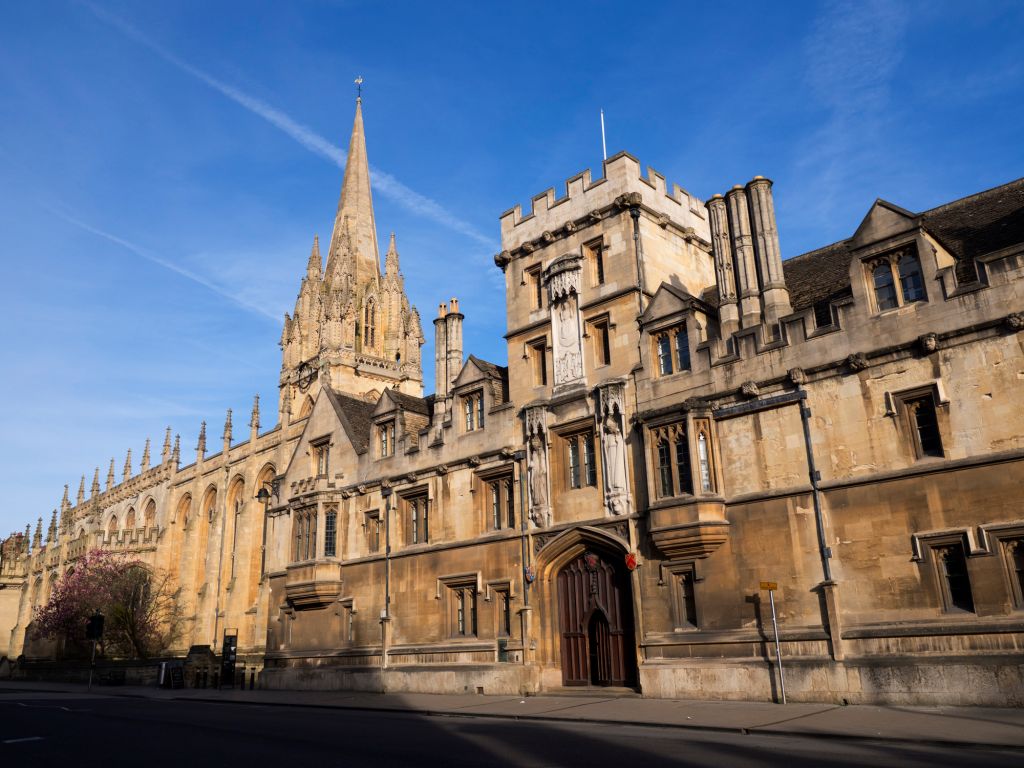
Source: Apexphotos / Getty
You may have seen social media conversation surrounding Lola Olufemi, the University of Cambridge student who, last spring, led a group of peers in confronting faculty about the institution’s blanched literature curriculum. But what’s happened since then, and why are folks so angry?
Here’s what you should know:
1 Led by Lola Olufemi—head of the Cambridge University Student Union’s Women’s Campaign—students collectively submitted a letter to faculty in June asking them to “decolonize” their literature syllabus by including the work of more Black and brown writers. “For too long, teaching English at Cambridge has encouraged a ‘traditional’ and ‘canonical’ approach that elevates white male authors at the expense of all others,” the letter written to Peter De Bolla, professor of cultural history and aesthetics at the University of Cambridge, read. “This is not a call for the exclusion of white men from reading lists, needless to say: it is a call to re-centre the lives of other marginalized writers who have been silenced by the canon.”
2 On Wednesday, October 25, 2017, The Daily Telegraph ran a story titled “Student forces Cambridge to drop white authors.” The article used only Olufemi’s photo and inaccurately implied the university was “forced” into changing its curriculum. Olufemi, who was wrongfully placed at the center of the conversation, says she was subjected to abusive comments from readers after The Telegraph‘s article was published.
3 On October 26, the paper corrected its original story, writing “neither [academic staff] nor the open letter called for the University to replace white authors with Black ones and there are no plans to do so.” The paper, which doesn’t appear to have apologized to Olufemi, received backlash of its own in response to both the article and theclarification statement. Olufemi referred to the paper’s correction as a “small victory.”
4 In later interviews, Olufemi said she felt The Telegraph’s choice to use her photo as the story’s feature image was “a very targeted form of harassment” driven by the intent “to incite this kind of abuse, and incite hatred, and make me into a figure that people could attack.”
“This is a trend we see over and over again, hypervisible Black and brown student activists on the left are subjected to the intellectual dishonesty of mainstream media,” Olufemi told The Guardian. “[The article was] riddled with factual inaccuracies and attempts to misconstrue what the task of decolonising is and delegitimise me as a co-author of the open letter by using out-of-context quotes in an attempt to turn me into a ‘controversial figure.’”
5 Cambridge has since released a statement of its own, saying potential curriculum updates “will not lead to any one author being dropped in favour of others.” The university also stated that it “condemn[s] the related harassment directed towards our students on social media as a result of the recent coverage.”
Read The Daily Telegraph‘s story here.
















